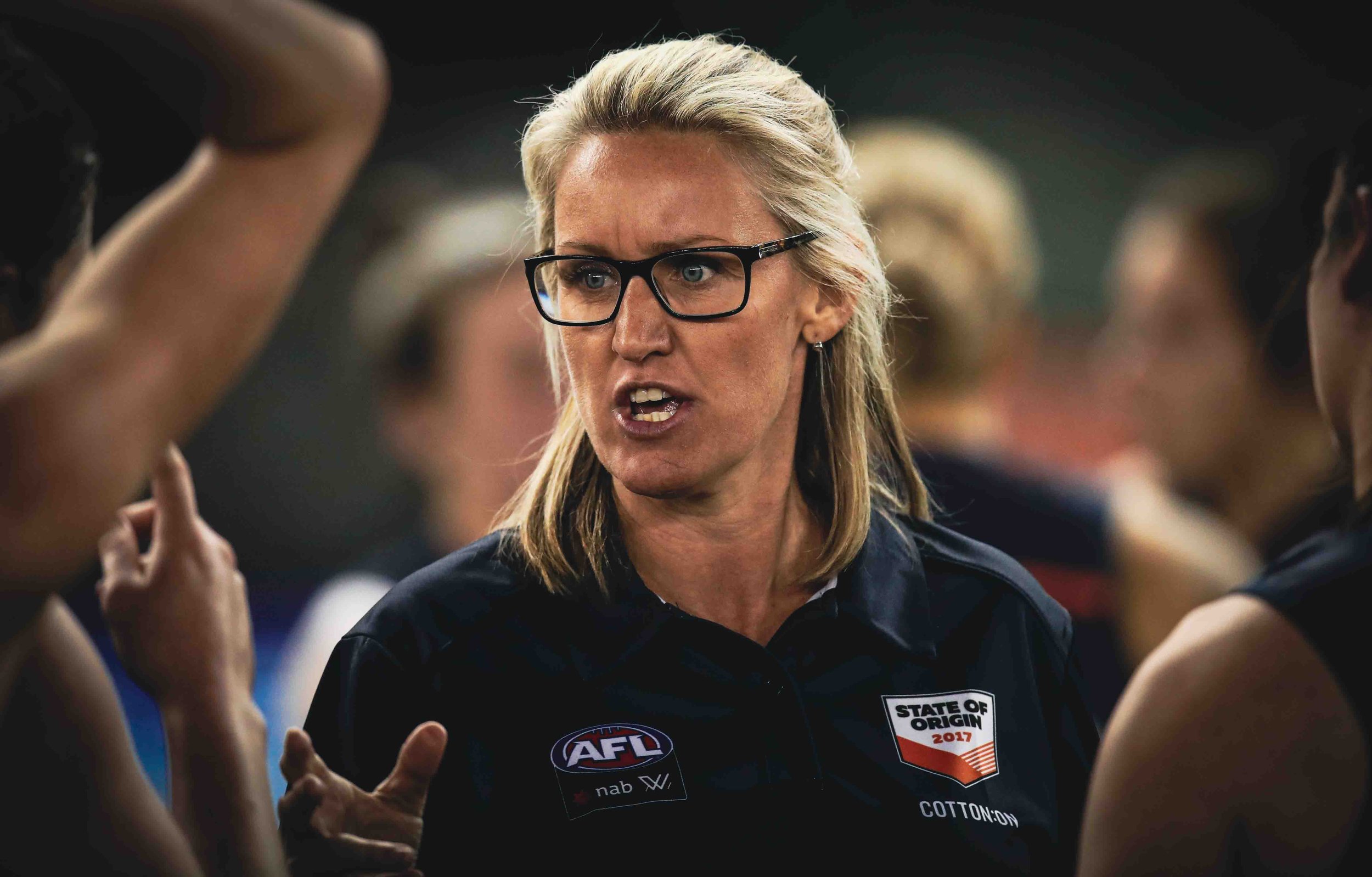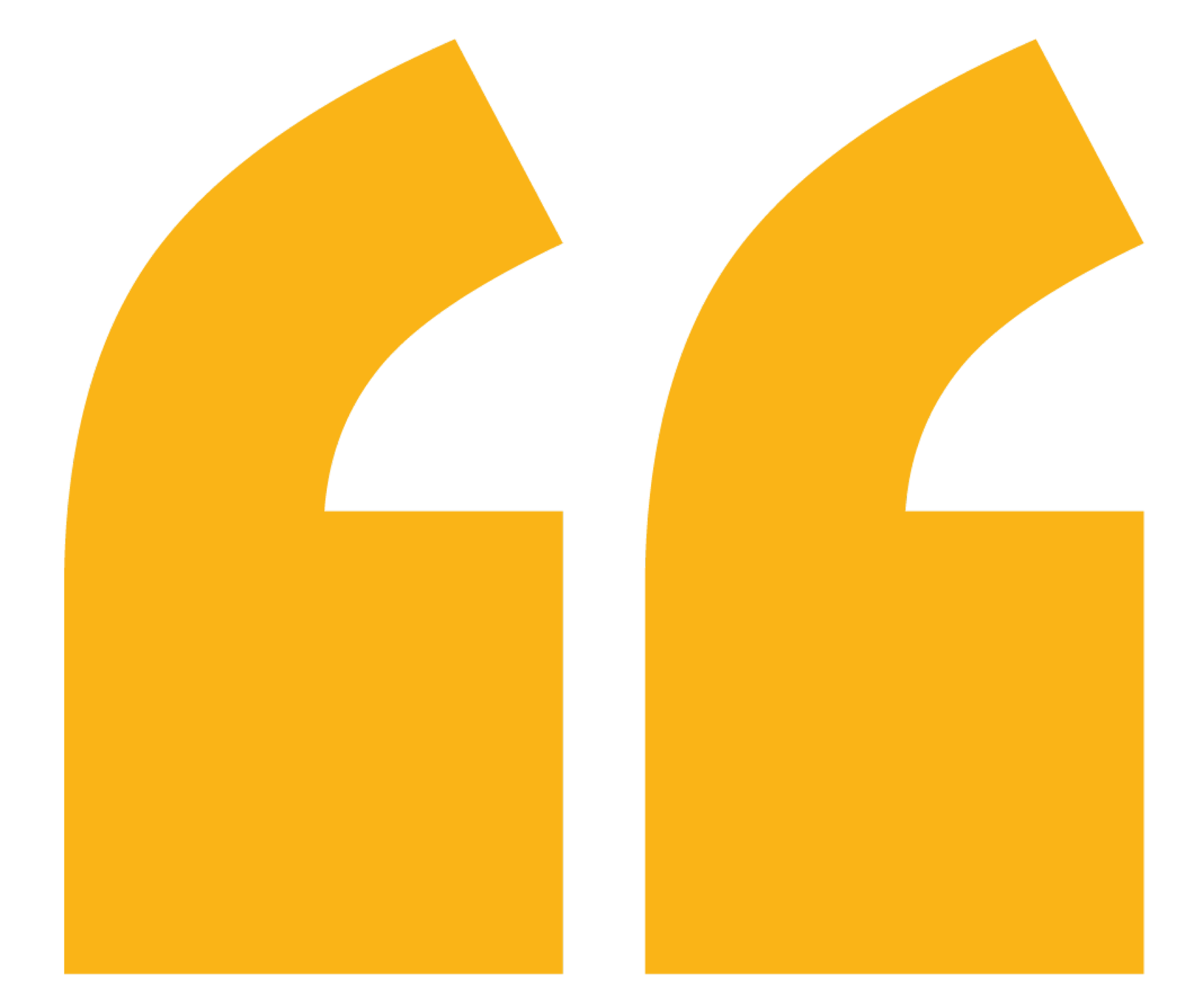
Episode #002
Debbie Lee
“Mum, do men play footy?”

Episode #002
Debbie Lee
“Mum, do men play footy?”
Listen and Subscribe
Mum, do men play footy?
Having spent a lifetime in the game, I learned that some people are interested in growing, but most are only interested in arriving.
The ‘arrival’ people create all the commotion that distracts from the critical work of the ‘growers’, who are playing a much bigger and far more important game, energised by all its possibilities, and significantly, not overwhelmed by its ambiguity.
Our next guest on the ‘In the Arena’ Podcast, Debbie Lee, is a ‘grower’ in the truest sense.
In my experience, the ‘growers’ are also exceedingly generous, as Debbie is in this Podcast. It would be easy for her to gloat about her achievements, but that is not who she is, even though she could be forgiven for doing so as the first (and only) female footballer to be inducted into the AFL Hall of Fame.
Instead, she speaks openly about how the game has shaped her. How thankful she is for the lessons the game gifted her, always prepared to put herself in deep and diverse conversation to grow herself, the game and all that it is, and all that it can be.
“Who you are is what you settle for, you know?” said singer Janis Joplin.
Debbie was not prepared to settle for how she personally experienced our game of Australian football. She had the courage and insight to ask better questions of the sport, and would become the evangelist women’s football needed and changed the game forever.
Debbie did not have a platform or a profile and also suffered from the personal bias directed at women footballers of her era. Every effort to grow the game was met with resistance and prejudice.
But still, she had the fortitude and will to look at the future of the game and see something radically different.
She was not prepared to settle for the prevailing view that only young men could envision a career playing the sport at the highest level or, for that matter, coaching, administering, or commentating on the game they love.
She wasn’t prepared to settle for the prevailing view that people would not watch women’s football. Then, 52,000 people turned up to watch an AFLW Grand Final at Adelaide Oval, and the game was never the same.
Our game is at its best when it leads, when it has the collective courage to forge a new way, and at its worst when it lags, as it did when it betrayed Adam Goodes.
Until recent times, the language and sounds of the game were exclusively male, with homophobia, sexism and bigotry not only tolerated but an expectation, a way of fitting in and belonging, connecting via the worst parts of us.
It was the football world I grew up in and desperately wanted to be a part of, never challenging and now sometimes wondering why I didn’t. But I know the answer. It was ‘the way’, and it would take individuals who could see another way, stronger and more visionary, courageous and willing than I was. It needed to be personal to start the conversation, a response to the pain of their lived experience. People like Debbie Lee, and with a force they created, a catalyst for change, and change the game did.
I have learned that discomfort marks the place where the old way meets the new way. It is a place of vulnerability and courage. If it doesn’t challenge you, it will not change you, and whenever in doubt, back the new way and all its uncertainty.
In terms of women’s football, the ‘old way’ was meeting the ‘new way’, and Debbie Lee was the catalyst. We worked together at the Melbourne Football Club and, with some wonderful football people, set about creating the vision the women’s game needed. An Exhibition Game in 2013, became the AFLW by 2017, an extraordinary achievement by any measure.
Her story is remarkable, and she tells it wonderfully.
Her legacy is profound.
It will never be beaten.
Play On!
Cameron Schwab
Video Shorts - Some key lessons from the podcast
Leadership is the difference maker
To embrace the expectations of your role, welcome the responsibilities and pressures as a privilege, a right you have earned, and be energised by the opportunities they provide.





